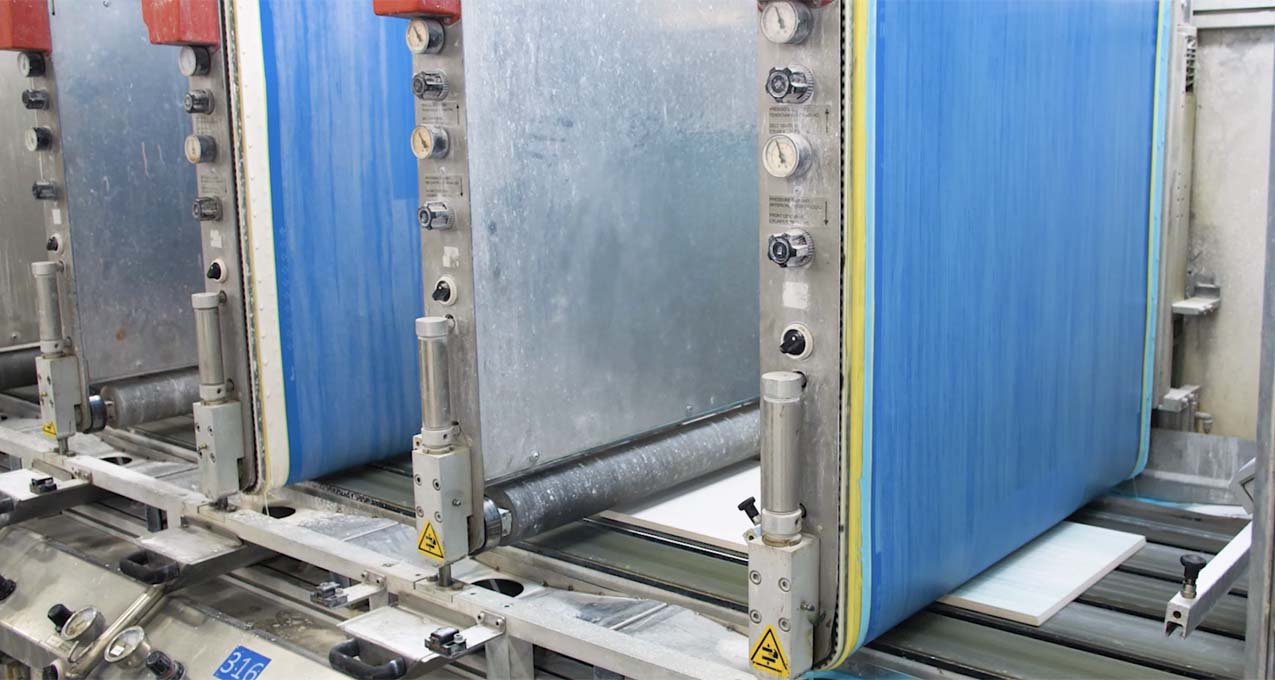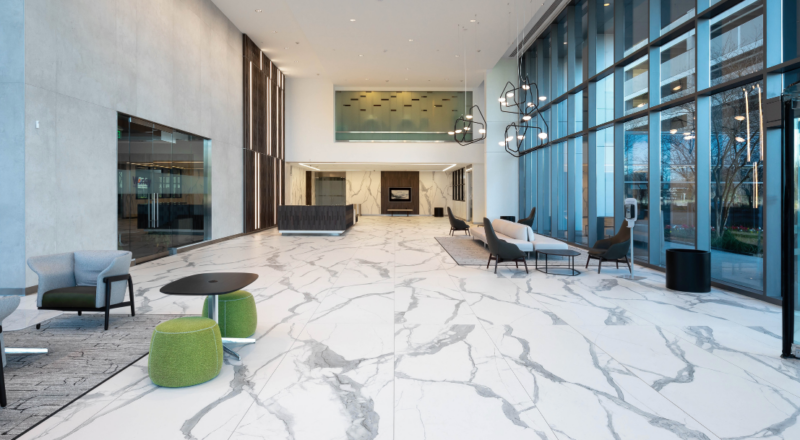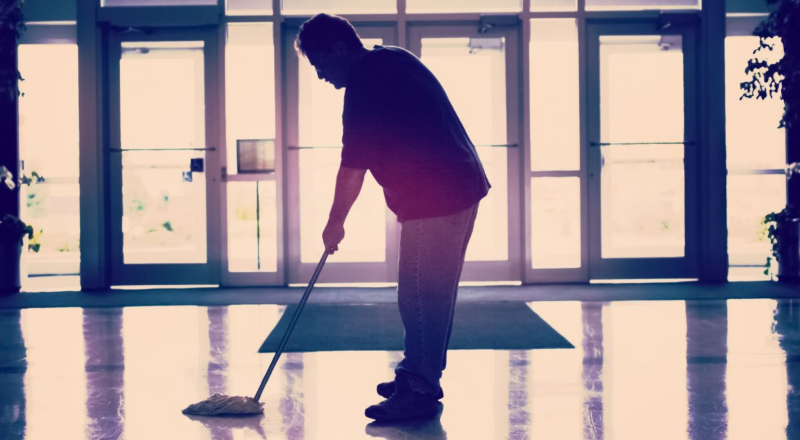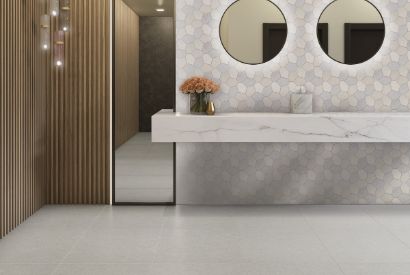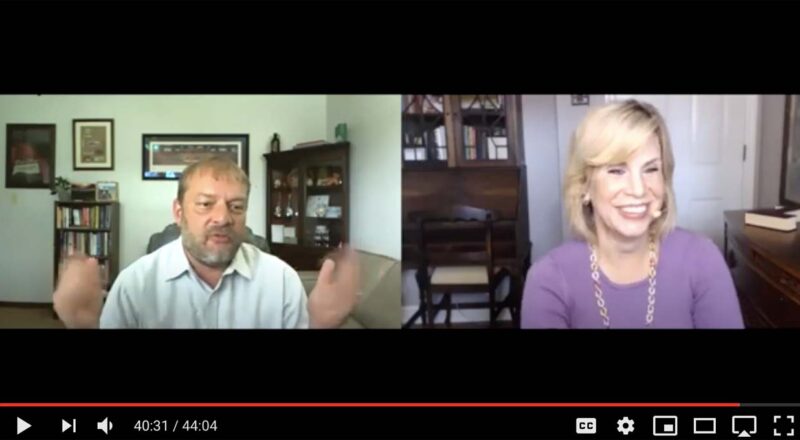In the early days of the environmental movement, it was often enough to incorporate and, then, report recycled content in manufactured products. Over time, that has proven to be a sometimes overly simplistic measurement for being green. It’s not unimportant, yet the more accurate gauges of true sustainability are now more nuanced. Additionally, the number of certification programs purposed in standardizing marks and measures of being green has expanded over the years. Early on, there were a few professional organizations offering agreed upon standards to guide manufacturers, architects and designers, and property owners. Now, the range of such programs is nearly as vast at the potential standards by which being green is assessed.
Suffice to say, being green is in an evolution as the practices, metrics, and designations become more advanced and meaningful. It’s now important to think through the entire value chain of a product: intended use to end-of-life. For most products, think of three stages:
- products that have significant impact associated with the manufacturing and sourcing of all the raw materials
- products where most of their footprint happens in the use phase; and
- products with a huge end-of-life scenario.
The challenge for any product manufacturer is to understand where that impact happens and how it can address those impacts. For example—with tile, we’re concerned with raw material sourcing; we’re reviewing the manufacturing process, the drying and the firing, which are energy intensive applications. We also define and effectively substantiate the durability and use of our manufactured products, as tiles’ use stage energy is significantly less than comparable functional products and has an exceptional end-of-life story.
Environmental impact continues to be an important issue at Crossville. When we began producing porcelain tile 35 years ago, we incorporated sustainability practices because we wanted to do the right thing for the environment, our business, and our customers. Over the years, designers and specifiers began to expect green standards, such as recycled content, in the products they use. Thankfully, we have been on that path since day 1 and are proactive in keeping up with the evolving environmental movement; being green is in our corporate DNA.
Green Terminology
In our more environmentally-conscious, globally aware society, more terms are being used to describe manufactured products. Here are some key terms that are core to the vernacular of being green.
Life Cycle Assessment: also referred to as “cradle-to-grave” assessment; a technique to assess environmental impacts associated with all the stages of a product’s life from raw material extraction through materials processing, manufacture, distribution, use, repair, and disposal; ISO LCA Standard aims to normalize this; however, the guidelines are not overly restrictive.
Environmental Product Declaration: the ISO defines an EPD as a declaration that “quantifies environmental information on the life cycle of a product to enable comparisons between products fulfilling the same function.” In general, EPDs are considered a form of product transparency.
Think of the life cycle assessment as a very in-depth accounting profile of a product. Manufacturers put an extreme amount of detail and cost figures into the LCA, but they don’t want to share that proprietary information with the public. They can develop an EPD that is comparable to other manufacturers without divulging company derived info in the LCA.
In addition to LCAs and EPD, manufacturers are tracking more and more data related to carbon footprint and costs. Manufacturing products with recycled content may save landfill space but doesn’t necessarily reduce that company’s impact on climate change. As more specifiers search for low carbon footprint products and legislature passes more caps and restrictions, sustainability becomes true practice for saving our planet.
Learn more how the green conversation is changing with this Tile Tech Talk video
Click here to learn more about our sustainability documentation for all products and processes so that you can specify Crossville with confidence.

